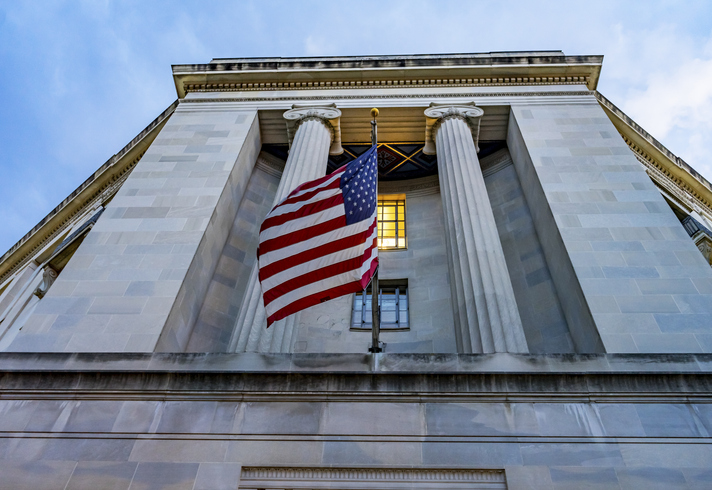Over the past few months, we have discussed recent Foreign Corrupt Practices Act (FCPA) enforcement actions by the United States Department of Justice (DOJ), emphasizing lessons for employers in the current environment. The DOJ continues to signal increasingly aggressive enforcement, now through a whistleblower program that will complement last year’s focus on corporate voluntary disclosure programs.
In March, Deputy Attorney General Lisa Monaco announced the new pilot program aimed at encouraging employees to report acts that violate the FCPA, as well as the newly enacted Foreign Extortion Prevention Act (FEPA). Acknowledging the limited scope of existing SEC and other whistleblower programs in regulating non-public companies, Monaco noted those programs “don’t address the full range of corporate and financial misconduct that the [DOJ] prosecutes.” The new DOJ program aims to fill those gaps by encouraging whistleblowers to report:
- Criminal abuses of the U.S. financial system;
- Foreign corruption cases outside the jurisdiction of the SEC, including FCPA violations by non-issuers and violations of FEPA; and
- Domestic corruption cases, especially involving those illegal corporate payments to government officials.
Thus, whistleblower awards will be offered by the DOJ; and even non-public companies now face the risk of employees who stand to profit substantially from alerting the authorities to alleged misconduct.
From a timing perspective, “[t]o be eligible for a reward, you have to tell us something we didn’t already know. You have to be the first in the door,” Monaco emphasized. In this way, the program is designed to motivate employees to report misconduct as soon as it comes to their attention. The practical effect of this effort will be to pressure employers to accelerate their own decisions surrounding voluntary self-reporting – or risk losing the credit for doing so. As Monaco stated: “Today, there are more doors for us to knock on than ever. … And to those considering a voluntary self-disclosure, our message is equally clear: knock on our door before we knock on yours.”
Since the vast majority of employees utilize internal reporting resources before ever taking advantage of whistleblowing bounties, it will be more important than ever for employers to evaluate their existing policies, training, and messaging – and to update them as appropriate – in order to be in a position to make the necessary informed decisions around self-disclosure that we have discussed previously.
D. Porpoise Evans is a shareholder at Littler, the world’s largest employment and labor law practice representing management. He advises public and private companies on a range of employment law matters, including the Foreign Corrupt Practices Act, wage and hour compliance, discrimination claims, breach of contract, leave and disability accommodation, and workplace safety.

